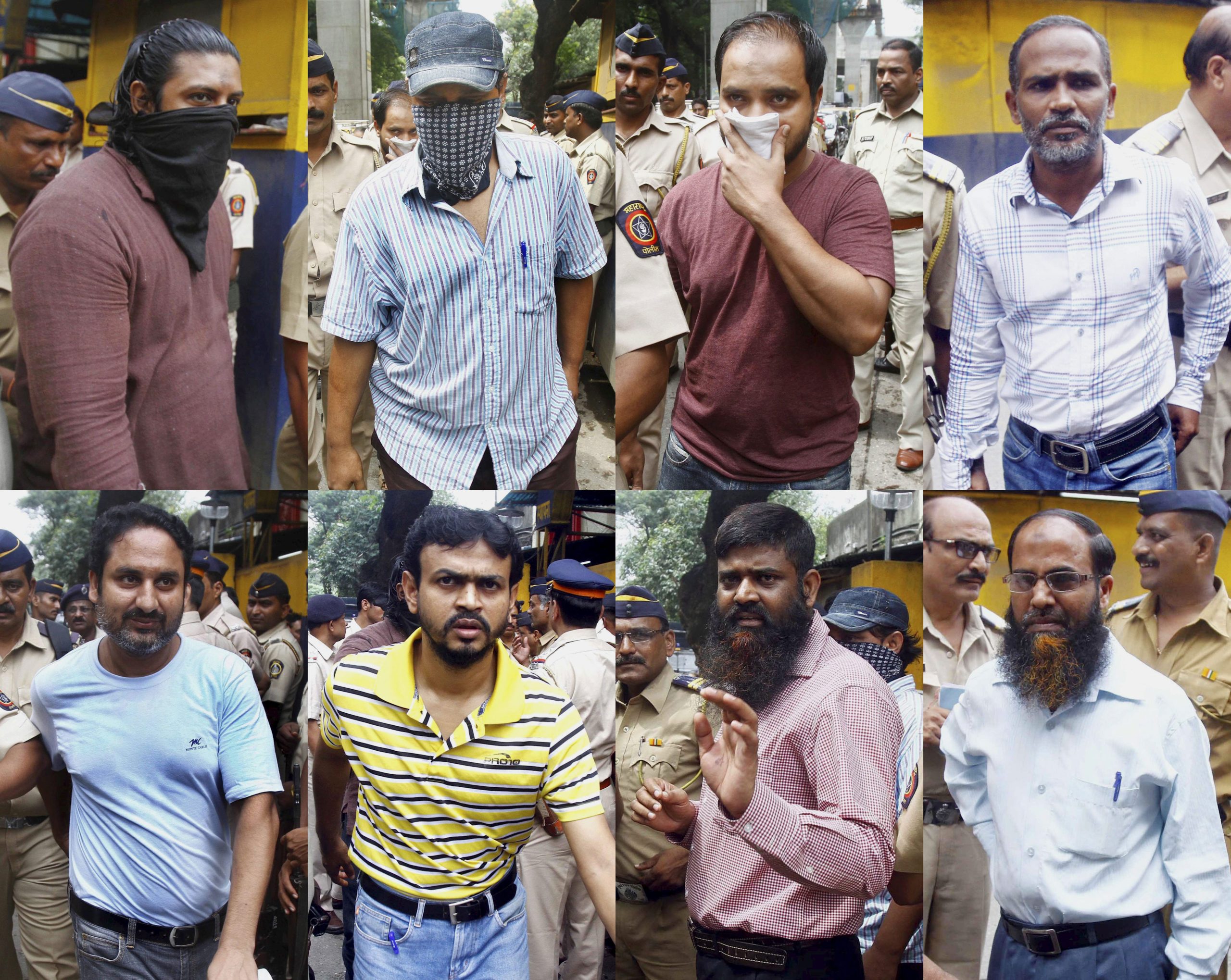Acquittal of 12 Accused in 2006 Mumbai Train Blasts Case
Nineteen years after a series of train blasts in Mumbai left over 180 people dead, the Bombay High Court has acquitted all 12 accused individuals. The court ruled that the prosecution failed to present a solid case and declared that it was hard to believe the accused were responsible for the crime. This decision overturned convictions imposed by a special court in 2015, where five individuals had been sentenced to death and seven to life imprisonment.
One of the death row convicts passed away in 2021, leaving four others still on death row. The acquittal has sparked mixed reactions from political leaders and victims’ families, with some calling for further legal action while others express frustration over the lack of justice.
Political Reactions and Government Response
Maharashtra’s revenue minister and senior BJP leader Chandrashekhar Bawankule stated that the state government would review the High Court’s order before deciding whether to challenge it in the Supreme Court. Former BJP MP Kirit Somaiya mentioned that Chief Minister Devendra Fadnavis is considering approaching the Supreme Court as soon as possible.
AIMIM president Asaduddin Owaisi questioned whether the Maharashtra government would take any action against ATS officers involved in the investigation. The High Court’s judgment has been seen as a significant blow to the Maharashtra Anti-Terrorism Squad (ATS), which had previously claimed the accused were members of the banned Students’ Islamic Movement of India (SIMI) and were linked to the Lashkar-e-Taiba (LeT).
Legal Criticism and Flaws in Prosecution
The High Court strongly criticized the prosecution’s case, stating that all confessional statements made by the accused were inadmissible due to allegations of copying and coercion. The court found that the accused had proven they were subjected to torture to extract these statements, which severely undermined their credibility.
A special bench comprising Justices Anil Kilor and Shyam Chandak emphasized that the prosecution failed to provide conclusive evidence, such as details about the type of bombs used in the attacks. The court also pointed out flaws in the handling of recovered items, including explosives and circuit boxes, which were not properly sealed or maintained.
Impact on Public Trust and Justice
The High Court highlighted that punishing actual perpetrators is essential for maintaining law and order and ensuring public safety. However, it warned that creating a false impression of justice by convicting the accused without proper evidence can mislead the public and erode trust in the legal system.
“This deceptive closure undermines public trust and falsely reassures society, while in reality, the true threat remains at large,” the bench said. It stressed that the failure to deliver real justice could leave the real criminals unpunished and pose a continued risk to society.
Victims’ Reactions and Ongoing Struggles
Survivors and victims’ families have expressed deep disappointment over the acquittal. Chirag Chauhan, a survivor who is now wheelchair-bound and a practicing chartered accountant, called the ruling “Justice got killed.” Gardening contractor Harish Powar, who has lived with the physical and emotional scars of the bombings, described the court’s decision as “rubbing salt into the wounds of the victims.”
Details of the Convictions
The death row convicts included Kamal Ansari (who died in 2021), Mohammad Faisal Ataur Rahman Shaikh, Ehtesham Qutubuddin Siddiqui, Naveed Hussain Khan, and Asif Khan. Seven others were given life imprisonment, including Tanveer Ahmed Mohammed Ibrahim Ansari, Mohammed Majid Mohammed Shafi, and others.
The High Court dismissed the conviction of all accused, citing the lack of credible evidence, unreliable witness statements, and improper handling of forensic material. It also noted that the provisions of the Maharashtra Control of Organised Crime Syndicate (MCOCA) did not apply to this case, and the sanction granted was done without proper scrutiny.
Aftermath and Future Steps
The High Court ordered the immediate release of the accused if they are not involved in any other case. The ruling has raised serious questions about the integrity of the judicial process and the handling of high-profile cases involving terrorism. While the court emphasized the importance of upholding the rule of law, the outcome has left many questioning the effectiveness of the justice system in delivering true accountability.







